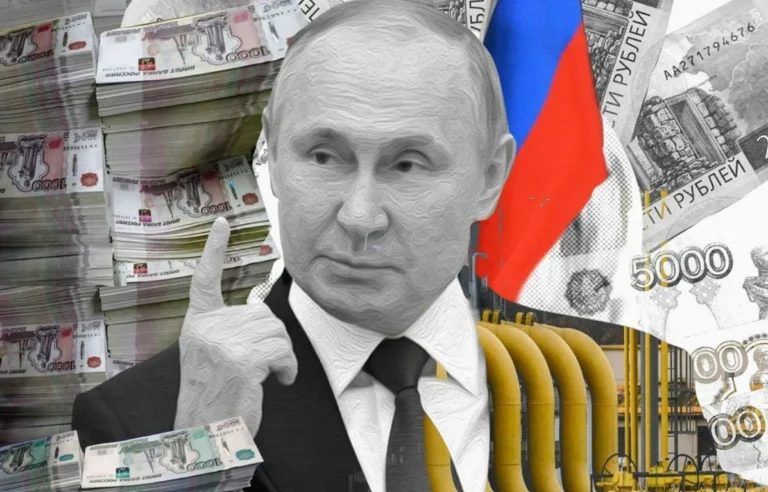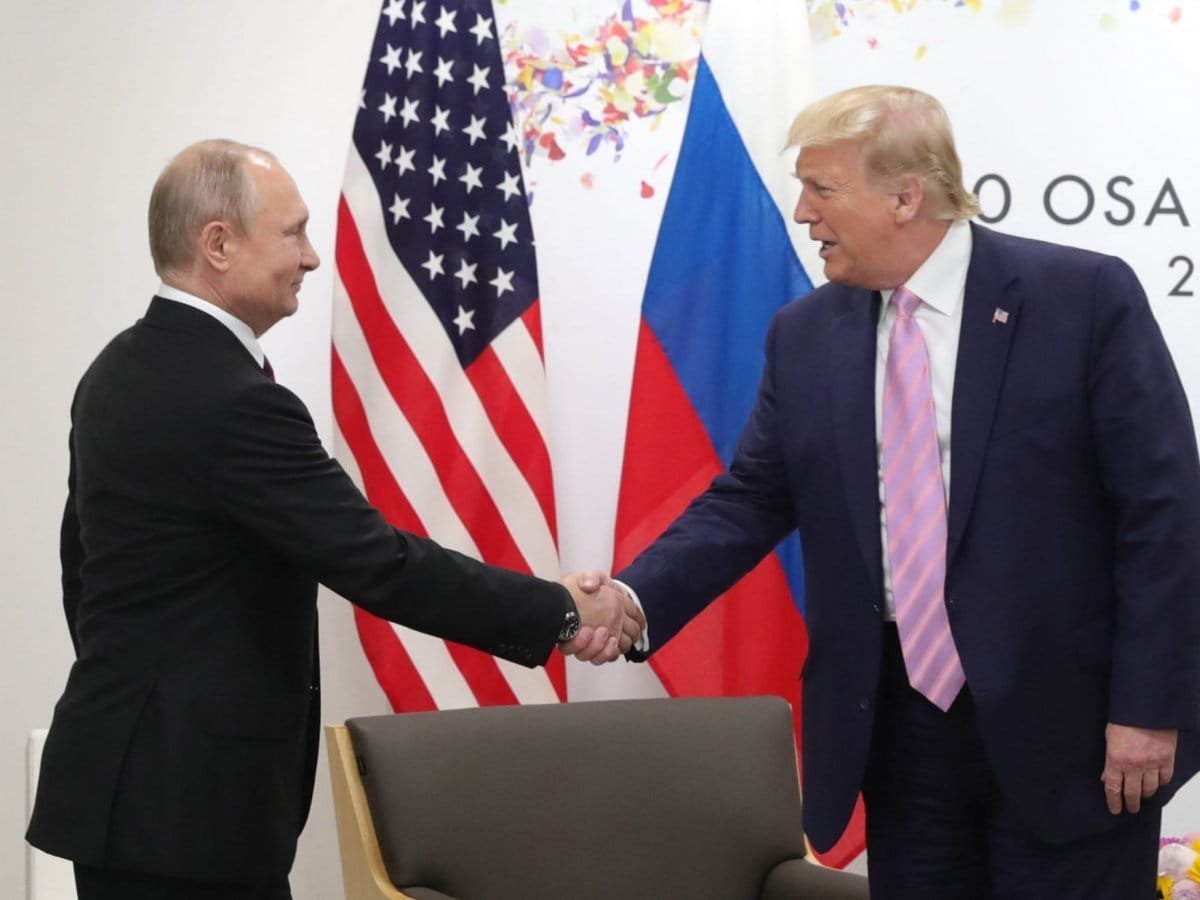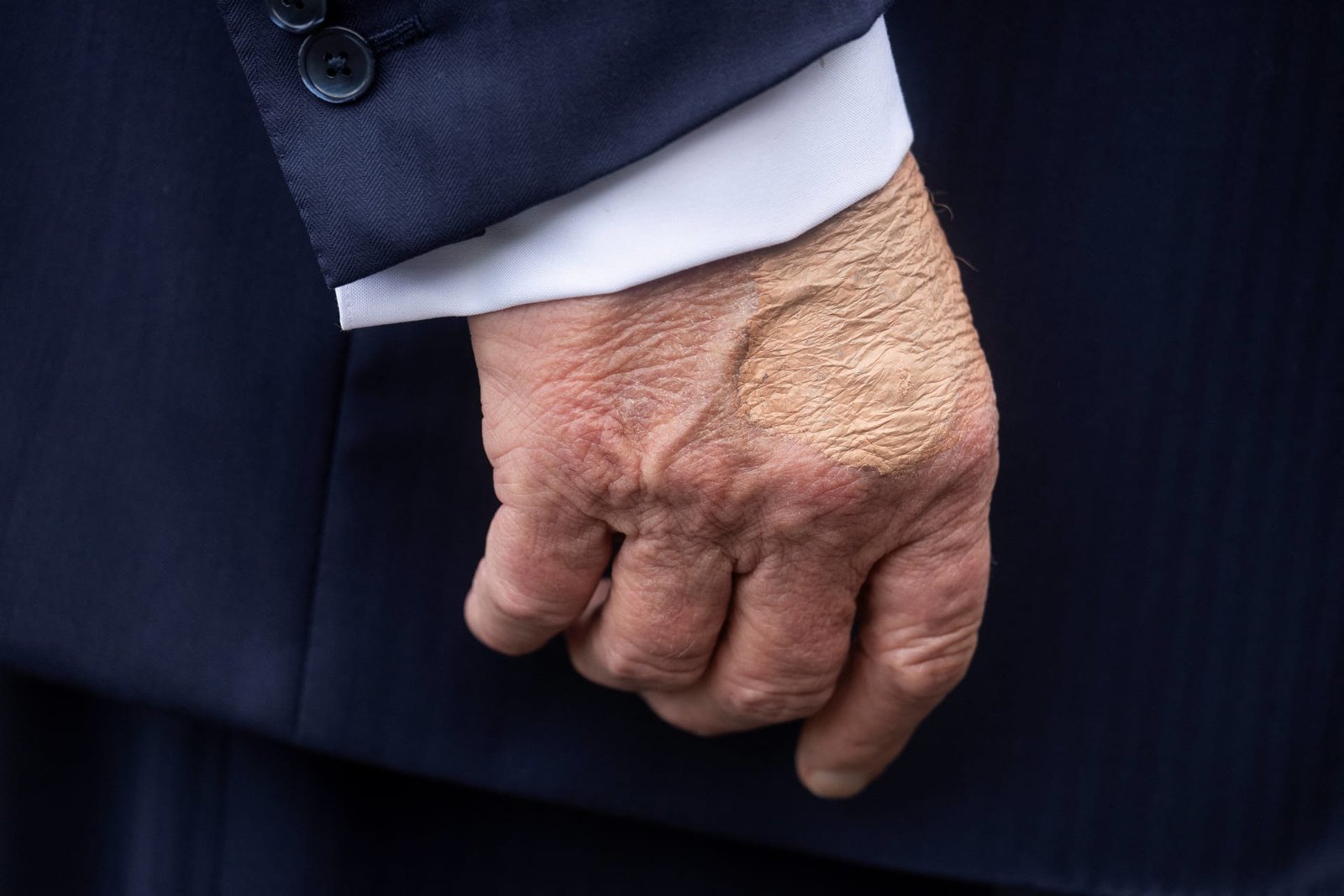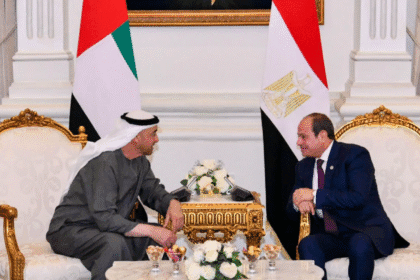BRUSSELS, Belgium—European Union leaders are preparing to approve a plan to use frozen Russian assets in Europe
to provide massive financial support to Ukraine during their meeting in Brussels on Thursday.
This is a move described as the largest and most legally sensitive since the outbreak of the war.
And This is a move described as the largest and most legally sensitive since the outbreak of the war
The initiative, which the EU has dubbed the “compensation loan,” according to a report published by the BBC, would
provide Kiev with €140 billion of Russian sovereign assets frozen in the Belgian Euroclear institution.
This will be repaid later from the reparations that Moscow will pay after the end of the war.
Since February 2022, the European Union has frozen approximately €210 billion in Russian investments following the Russian invasion of Ukraine.
Of which 185 billion euros are deposited in Euroclear.
The current cost of rebuilding Ukraine exceeds $486 billion, according to estimates by the United Nations and the World Bank.
Financial concerns
The report stated that the plan faces complex legal obstacles, as international law prohibits the direct confiscation of a foreign country’s sovereign assets.
For its part, the European Union is trying to circumvent this restriction by borrowing frozen funds from Euroclear.
In exchange for issuing an IOU guaranteed by all EU countries together, to mitigate potential legal risks.
Belgium, in particular, fears that it will bear the consequences of any future lawsuit that Russia may file against Euroclear.
This prompted it to demand joint guarantees from all member states.
“The concerns are understandable, and Brussels should not bear the risks alone,” the Belgian foreign minister said.
Russian anger
The plan was met with a sharp Russian reaction, with Russian Foreign Ministry spokeswoman Maria Zakharova describing the decision as “open theft that will be met with a painful response.”
While the Russian ambassador to Italy, Alexei Paramonov, considered the move “the theft of the century,”
Warning that it “would undermine confidence in the Western financial system and endanger global stability.”
European division over implementation mechanism
Eastern European and Scandinavian countries, such as Poland, Finland, and the Baltic states, enthusiastically support the plan, calling it a “genius idea.”
But Hungary and Slovakia objected, fearing Russian economic retaliation against their companies working with Moscow.
Germany and France, on the other hand, want to allocate funding to support the Ukrainian budget and cover its deficit of 42 billion euros in 2026.
While German officials demanded that the funding be used only to arm Ukraine and purchase European weapons.
For her part, Iryna Mudra, legal advisor to the Ukrainian presidency, stressed that “the victim alone decides how the money is used.”
Noting that Kyiv needs it for reconstruction and to compensate victims as well.

















